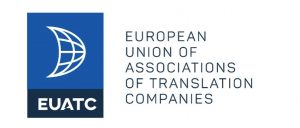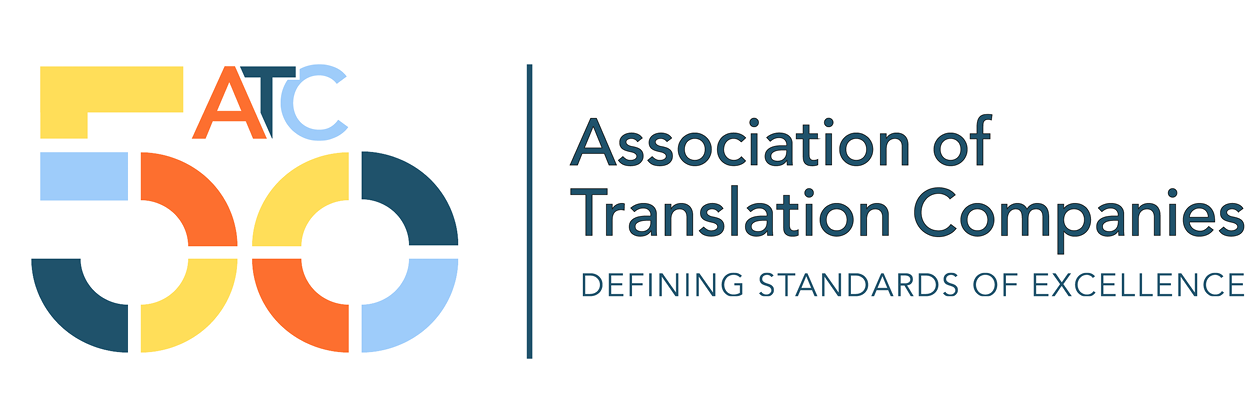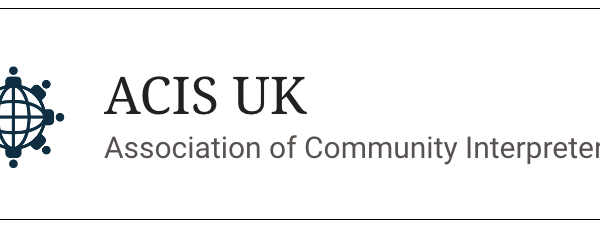Whether you're looking to exit or find a buyer for your business, or to grow…

GDPR and the UK in 2021
Following the end of the Brexit transition period, agreement between the EU and the UK allows personal data to continue to flow freely from the EEA to the UK until formal adequacy decisions have been adopted, for up to six months.
This means that UK language service companies may continue to receive personal data from the EEA without additional contractual agreements beyond current data protection regulations, the Data Protection Act 2018 incorporating the GDPR.
The UK has previously deemed the EU and EEA EFTA States as ‘adequate’, meaning that UK language service companies may continue to send personal data over to the EEA without additional contracts.
GDPR and personal data in translation

EUATC’s newly published GDPR and Personal Data in Translation addresses the challenges in processing personal data in content for translation.
The overview analyses challenges, risks and requirements around translation supply chain roles, contractual requirements, data transfers, content types, data retention and data protection, and establishes a robust a risk-based approach to facilitate GDPR compliance activities in relation to protecting personal data in content for translation.
GDPR and Personal Data in Translation is FREE OF CHARGE to ATC members and costs €100 to non-members. Request your ATC discount code from secretary@atc.org.uk!
For the language services industry, the presence of personal data in content for translation poses unique challenges, for example:
- It may not be possible to identify personal data in content for translation before it has already been sent to a language service company or a freelance translator, and its translation has begun, for example, due to the sheer volume of content for translation, the format in which it is provided, or because the project manager does not understand the source language.
- Clients may not be aware of GDPR implications when it comes to personal data in content for translation.
- Content for translation is transferred within the European Economic Area (EEA), and from EEA countries to multiple third countries for translation, which creates a complex web of processor relationships.
GDPR and Personal Data in Translation is intended as an aid to language service companies and freelance translators. It focuses on identifying the challenges around GDPR compliance when processing content for translation, and establishing a risk-based approach to facilitate GDPR compliance activities in relation to translated content.

